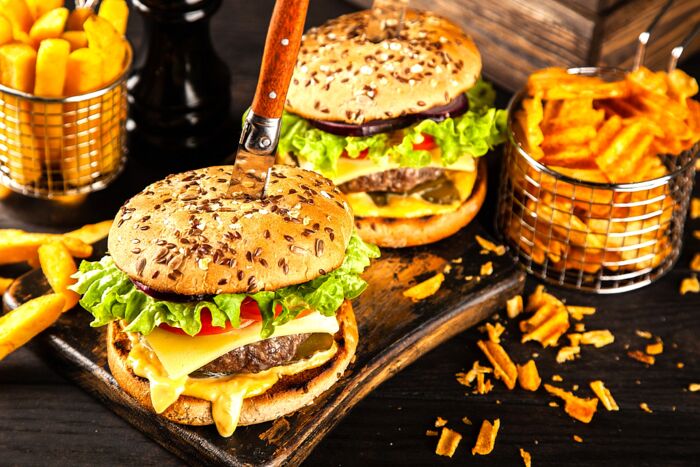One of the questions we receive most often from Koi keepers is “which Koi blog for cooking is the best?” At first glance, the answer to this question is a very simple one. It depends. But the real answer to this question involves asking a very different question of the pond owner. What are your goals? There are as many different types of people involved in the Koi keeping hobby as there are varieties and quality levels when it comes to Koi fish themselves.
Many pond owners simply want to come home from a hard day’s work to watch a few inexpensive “pretty fish” swimming in their humble backyard water gardens, perhaps with a few water lilies or floating plants. While some hobbyists dedicate a great deal of their time and money to raising championship quality nishikigoi, the Japanese term for Koi fish, to compete in Koi shows throughout the USA and abroad, showing Koi is not for everyone. And determining which Koi food is the right choice for you and your Koi requires you to first decide what type of hobbyist you hope to become.
Many water gardeners decide to add a few inexpensive fish to their ponds after seeing them on sale at Wal-Mart or at their local pet shop. There is nothing inherently wrong with purchasing Koi fish from these sources, but Koi originating from these outlets are largely viewed as “culls” by true Koi aficionados. The term “cull” refers to lower quality Koi fish which are generally disposed of or sold cheaply by Koi breeders to provide maximum tank space for Koi of higher quality which typically command significantly higher prices from collectors once grown on for a year or two.
Just as a human being could technically survive by eating nothing but cheeseburgers and fast food, a Koi fish can also technically survive by eating a lower quality Koi fish food. In fact, Koi are scavengers in the wild and can survive just fine by eating algae and other waste found naturally in your pond or water garden. But there is a difference between surviving and flourishing, and when it comes to Koi fish, the quality of food being used is major factor to overall fish health, maximum growth, and color conformation.
There are well over 100 commercially available brands of Koi food available in the USA alone, with hundreds more available abroad. With so many choices available, many Koi keepers begin to question themselves whether there is actually a difference when it comes to commercial food types on the market. Specifically, Koi keepers may wonder whether a “premium” brand is really worth the premium price, or whether a more economical food offering may provide similar results at a far lower price point.
There is most definitely a difference when it comes to quality. Top Koi breeders will only feed their top fish a quality food they believe will yield the best results. During our research and ongoing communications with literally dozens of top minds in the Koi community, we have found only one established Koi importer who genuinely believes all fish food brands are the same. To put it mildly, this un-named Koi dealer is largely viewed as “ill-informed” by mostly everyone in the pond and water garden industry.
Anyone who has ever owned a dog knows there is a difference between the premium dog food sold at their specialty pet store and the cheap supermarket brand. Marketing aside, there is a quality difference between dog foods. And this same reality applies to Koi foods as well. So again, it comes down to the same question previously asked: What are your goals as a Koi keeper? Knowing your goals is the key to choosing the best Koi food for your specific situation.
With so many Koi food brands on the market today, to help make sense of the seemingly endless sea of choices we generally classify Koi foods into one of three categories. The top tier of Koi foods we classify as premium quality fish foods. These top-tiered foods include only the best quality ingredients and are commonly used by hobbyists who raise show quality Koi fish. The second tier includes Koi foods we would consider to be quality Koi foods. These Koi food offerings are definitely a notch below premium foods in terms of ingredients used, but also tend to be offered at more economical price.
The third and final tier is what we commonly refer to as Koi staple foods. Don’t let the fact these we classify these foods at the bottom fool you. Staple Koi foods are not of inherently lower quality than some fish foods classified as mid-grade, or even premium for that matter. Perhaps a better term to describe staple foods is “value foods.” Staple or value foods are simply Koi food brands that are most often milled in bulk, which commonly stay in a warehouse for one, two, or sometimes three years before they are finally sold to a retail customer. Value Koi food brands offer a significant cost savings over top-tier premium brands, which explains their popularity.





More Stories
Trader Joe’s: A Unique Shopping Experience
Understanding Finance: A Comprehensive Overview
Understanding Vaping: A Comprehensive Guide